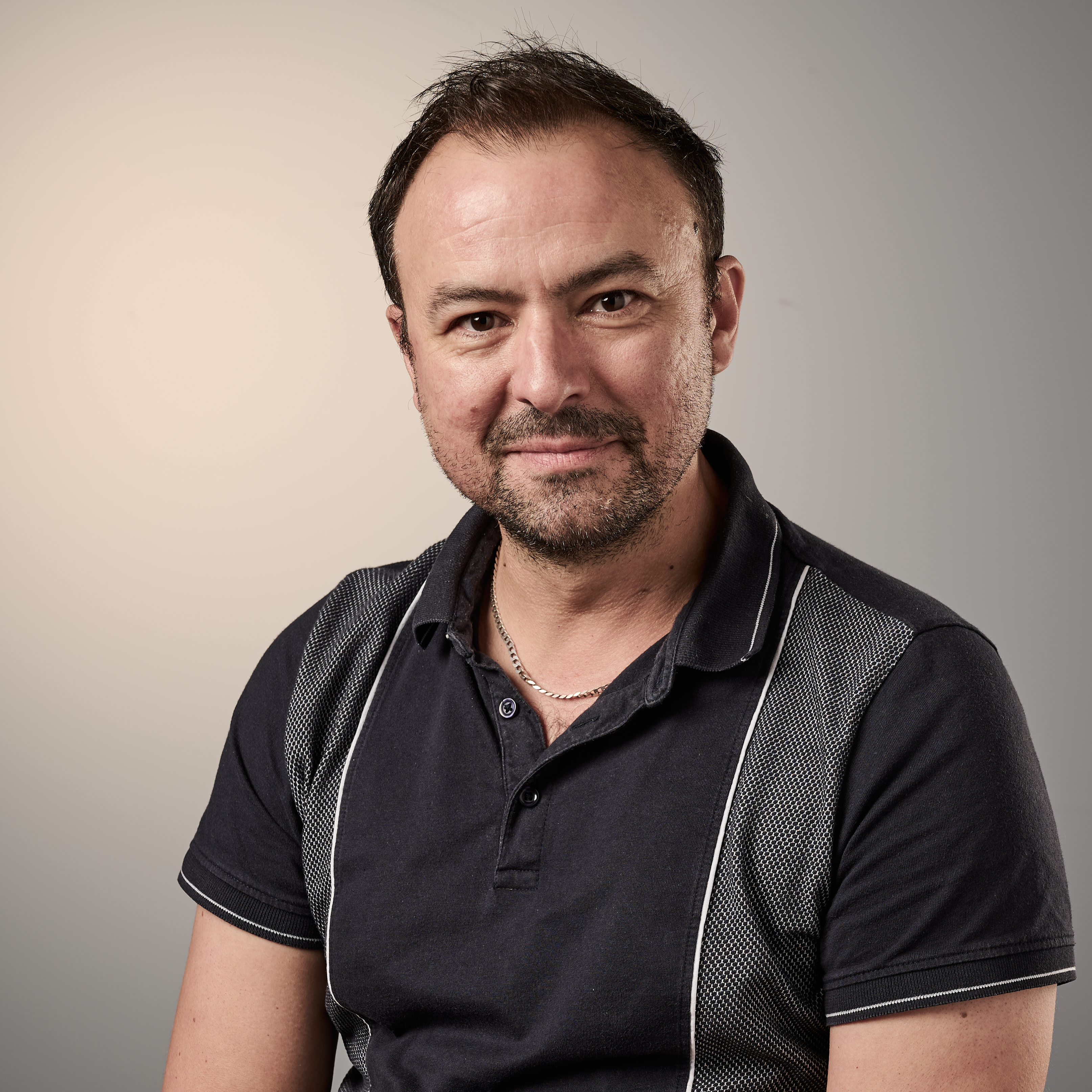'If I'd been training I'd have turned around and gone home': the fickle fortunes of ultradistance record breaking
There's literally nowhere to hide, explains ultracyclist James MacDonald


The latest race content, interviews, features, reviews and expert buying guides, direct to your inbox!
You are now subscribed
Your newsletter sign-up was successful
After months of planning, preparation, five-hour interval rides in the freezing cold and nailing the nutrition to ultra-precise proportions, James MacDonald was ready to set a new indoor record for 100 miles. But as soon as he rolled out on to the Lee Valley Velodrome, he knew it wasn't going to happen.
"I said to my wife straight afterwards, it was one of those days that if I was in training I would have turned around after 20 minutes and gone home," the Scot tells Cycling Weekly.
It took him a week to get over the stomach bug that had put paid to his record attempt.
"It just basically meant that it was really, really unpleasant right from the beginning, as opposed to being halfway through and it starts getting a little bit grippy," he says.
"I did about 90 minutes on pace," says MacDonald, who was attempting to break US rider Michael Secrest's 13-year-old mark of 3hr 46min 16sec. "But it was 90 minutes knowing that it didn't feel right. As opposed to in training where I was up to probably two and a half, maybe three hours before it starts getting a bit grippy.
"That made me quite confident that on the day it would be OK, because doing it in training is hard."
But as every hopeful record breaker is acutely aware, only the controllables can be controlled – the rest has to be left to fate.
The latest race content, interviews, features, reviews and expert buying guides, direct to your inbox!
"There is literally no hiding place – you're there for everyone to see even if something goes wrong or whatever," says MacDonald of performing on the velodrome. "It just happened to be that that had to be that week that I was not great."
The attempt was in partnership with the DKMS blood cancer charity with tech support from CTS Appsbroker, which built the secondary lap timing system required by the World Ultra Cycling Union (WUCA).
Despite his illness, MacDonald reckons he had enough in the tank to establish a British record, but even that was not to be, this time due to track scheduling.
"It would have been a nice consolation prize," he says. "But we had to get off the track for the next session. That is the real world."
This was not MacDonald's first rodeo. His record-breaking ultracycling palmarès includes Land's End to John o' Groats and back (set in 2017), as well as indoor 300km and 500km and a solo Race Across America finish (2016). He's well aware of the risks that fate can pose, despite all the effort that may have gone into the attempt.
MacDonald's ultracycling career began after coming back to cycling in his mid-thirties after a long break. He'd raced in his teens, he says, but drifted away from two wheels after going to university and then finding himself immersed in the world of work.
After picking up the bike again he began to take part in challenge rides, but one of the main pointers towards his potential came quite by chance, when he was asked to take part in a trial to set a baseline as a normal, healthy individual. It involved doing some tests for lactate threshold and VO2 max on a treadmill.
"When I did the first test, they looked at me kind of funny," he says, "and they said, 'You do realise that nobody else has got to the end of that test.'"
He ended up doing nine tests in the following three weeks and was eventually told his VO2 max was in the mid-70s – placing him in the top 1% of subjects.
"I said, 'I've got to do something with this'," says MacDonald, "and that's when I did Race Across America. He had already ridden the Ride Across Britain organised events, but learned about the RAAM not long after doing his tests and decided to push himself further.
"I thought that's an amazing thing to do, to go from literally one side of America to the other, non stop. And so I set about planning and how do you fund it, you know, and big find a team. And that was it. It was like, 'let's do this'."
More than half the field failed to finish that year, but MacDonald succeeded, completing the 3,069-mile route in 11 days 19 hours. An ultracyclist was born.
In comparison, an attempt on the 100-mile record in the velodrome may seem like small fry, but the training was still tough, and much of it was outdoors and if necessary in the dark, winter or no winter.
"When it came towards the last six weeks of training, I had to be outdoors because I was doing three to four hours intervals," he says. "And when you're doing 35kph outdoors, when it's only one or two degrees centigrade, you get cold pretty quick."
He also worked with nutritionist Jill Mooney, spending considerable time engineering the perfect nutritional strategy using glucose monitoring from Super Sapiens. They also worked out exactly how much fluid MacDonald needed to take on board, ensuring there was enough for him to stay hydrated, but not so much he would need the loo – a key consideration in track record breaking but easily overlooked from the outside.
When you consider MacDonald's string of achievements, 'tough nut' doesn't begin to cover it. Ergo, few will be surprised to hear that when months of meticulous and very challenging preparation are upset in one fell swoop, his hopes deserting him at the altar of a long-awaited record attempt, his response was always going to be to come back swinging.
This time, it will be something a little different, he says.
"I've spent the last five or six years focusing on track records, and so I'm taking part in the Tour des Stations, a 1,000-kilometre race in July," he says. "And for the first time I'm doing it with a partner. So myself and a friend, Tim Wade, we're going to do it together as a team.
"We are expecting it to be good fun. I'm sure there'll be some times that aren't fun, but we're going to do it together and we're looking forward to that. I don't think we're gonna go in there and go, let's see if we can win it. I think we're just gonna go in and say, let's have a laugh, and we'll see what happens," he says.
After all those cold, dark training rides, MacDonald has certainly earned that.
After cutting his teeth on local and national newspapers, James began at Cycling Weekly as a sub-editor in 2000 when the current office was literally all fields.
Eventually becoming chief sub-editor, in 2016 he switched to the job of full-time writer, and covers news, racing and features.
He has worked at a variety of races, from the Classics to the Giro d'Italia – and this year will be his seventh Tour de France.
A lifelong cyclist and cycling fan, James's racing days (and most of his fitness) are now behind him. But he still rides regularly, both on the road and on the gravelly stuff.
